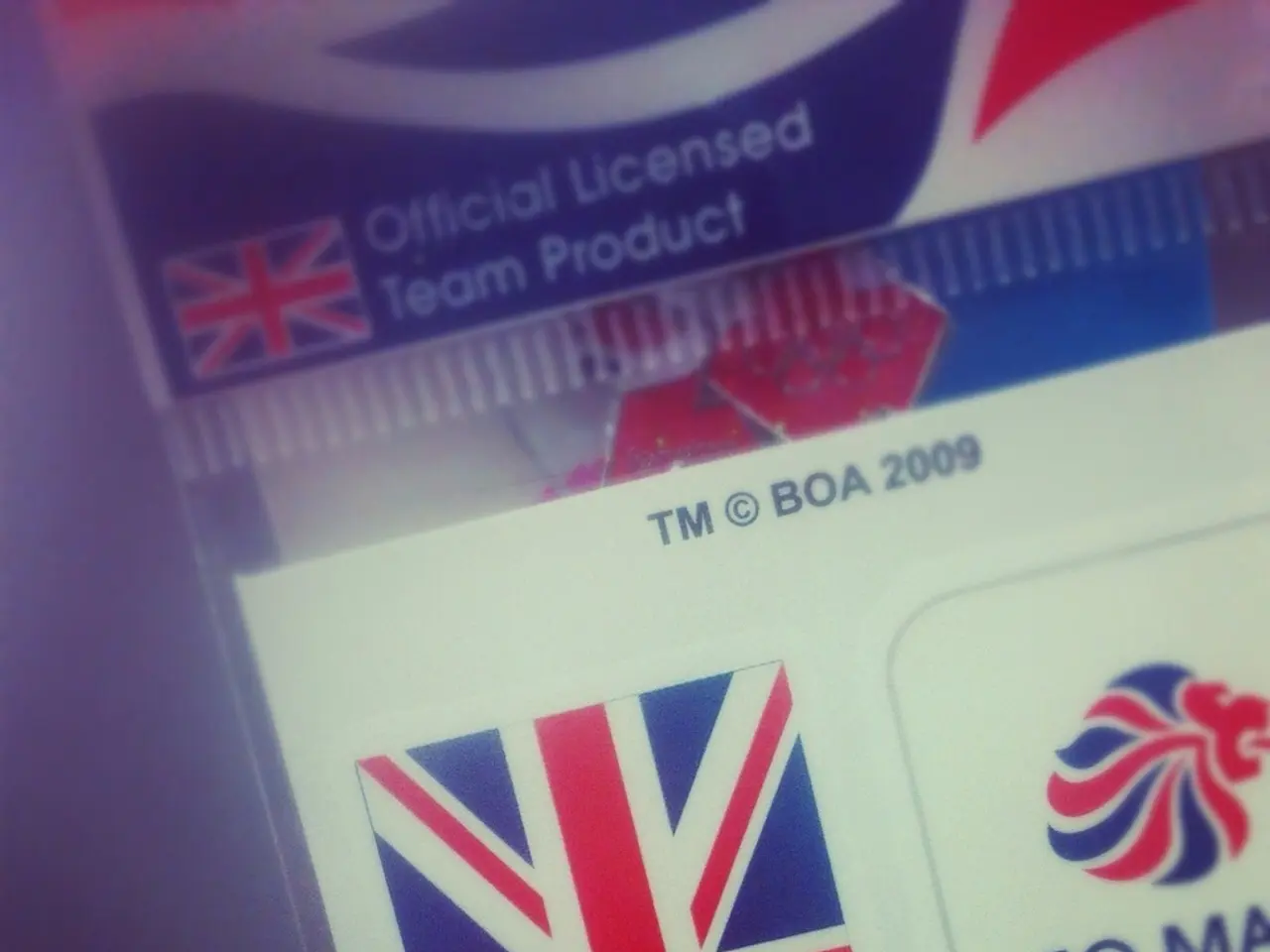Requirements for Proving Residential Address in Singapore: Essential Information Explained
In Singapore, businesses are required to provide proof of address (PoA) for effective communication and to comply with bank security measures and Anti-Money Laundering (AML) regulations. However, not all documents are considered valid as PoA.
What is Proof of Address?
Proof of Address, or PoA, is a document that verifies one's current residential or business address. It plays a crucial role in ensuring businesses can send important documents and legal notices to their clients.
Acceptable PoA for Singapore Businesses
For businesses in Singapore, acceptable PoA documents must demonstrate a valid and registered physical office address that is not a P.O. box or a residential-only address. This address must be an actual commercial or office space where the company conducts business and can receive official correspondence, including legal and government documents.
Key Specifics
- The company must have a registered office address physically located in Singapore as per ACRA records, which can be verified via the BizFile+ portal.
- The registered office must be open to the public for at least three hours on weekdays during normal business hours to receive legal documents and government notices.
- Proof of the registered address may include documents such as lease agreements for office premises or utility bills linked to the business address.
- Documents proving the identity of directors along with their residential address proofs (utility bills or bank statements) are often requested alongside company address proofs during corporate account setup or official filings.
- The office address should be consistent across business registrations, official filings, the company website, and any third-party business directories to confirm legitimacy.
Unacceptable PoA
Certain documents are not considered valid as PoA, including library cards, invoices for purchases, photocopies of documents, and pension agreements. Documents past their validity period are also unacceptable.
Alternative Methods of PoA
While traditional document-based approaches are widely accepted, geolocation data is increasingly being used as a convenient and time-saving alternative. This method uses GPS data, IP data, Wi-Fi positioning, and cell tower trilateration to detect the user's location. However, it is not yet accepted on par with conventional methods by regulators.
PoA and Fraud Prevention
Companies verify PoA before opening accounts to minimise fraud. PoA also allows companies to check whether a client comes from a high-risk country for compliance purposes.
Proof of Address in ICA Context
In contrast, the Immigration & Checkpoints Authority (ICA) in Singapore does not require supporting documents when residents change their address. Residents are required to apply for a change of address either online or in person. Acceptable documents for proof of address include the National Registration Identity Card of a Singapore resident, valid passport with at least six-month validity, utility bills, employer/institution letter, bank/credit card statement, public authority letter, recent mortgage agreement, car registration, car or home insurance policy.
For more information about what is a valid address proof in Singapore, what is accepted as proof of address, and what proof of address is in ICA context, refer to the FAQ section. The Fraud Summit 2025 will feature industry leaders discussing the future of fintech and crypto, as well as resilience strategies.
- For Singapore businesses, acceptable PoA documents must not only verify their registered address, but also demonstrate that the address is a valid physical office space, which is not a P.O. box or a residential-only address, and is open to the public for receiving official correspondence.
- In the context of Singapore businesses, technology-based alternatives such as geolocation data are increasingly being used as a convenient and time-saving method for determining proof of address, although they are not yet accepted on par with conventional methods by regulators.




